Retinol Creams: Comparing Formulations
Retinol, a derivative of Vitamin A, has long been a staple in skincare regimens worldwide. Known for its potent anti-aging properties, retinol is celebrated for reducing the appearance of fine lines, boosting collagen production, and improving skin texture. However, with an array of retinol creams available in the market, choosing the right one can be daunting. This comprehensive guide aims to compare different formulations, helping you make an informed decision.
Understanding Retinol and Its Benefits

Before delving into the comparisons, it's crucial to understand what retinol is and why it's so beneficial for the skin. Retinol, when applied topically, converts to retinoic acid, which interacts with skin cells to promote healthier, younger-looking skin. It's known for its ability to accelerate cell turnover, fade dark spots, and improve the overall texture and tone of the skin.
Factors to Consider When Choosing a Retinol Cream
When comparing retinol creams, several key factors play a role:
-
Retinol Concentration: Retinol creams come in various concentrations, typically ranging from 0.25% to 1%. Beginners should start with a lower concentration to allow the skin to adjust.
-
Packaging: Look for packaging that protects the retinol from light and air, such as opaque, air-tight containers, to prevent degradation.
-
Formulation: Retinol can be formulated with other beneficial ingredients like hyaluronic acid, ceramides, or antioxidants. These combinations can enhance the effects and reduce potential irritation.
-
Skin Type Considerations: Your skin type (oily, dry, combination, sensitive) should guide your choice, as certain formulations may be more suitable than others.
Comparing Popular Retinol Creams

Let's compare some popular retinol creams, highlighting their unique features:
1. Brand A’s 0.5% Retinol Night Cream
- Concentration: 0.5%, suitable for intermediate users.
- Key Ingredients: Alongside retinol, it includes hyaluronic acid and vitamin E.
- Best For: Normal to dry skin types.
2. Brand B’s Advanced Retinol Serum
- Concentration: 1%, ideal for experienced retinol users.
- Key Ingredients: Contains retinol, green tea extract, and aloe vera.
- Best For: Oily to combination skin types.
3. Brand C’s Sensitive Skin Retinol Solution
- Concentration: 0.25%, perfect for beginners or those with sensitive skin.
- Key Ingredients: Formulated with retinol, niacinamide, and ceramides.
- Best For: Sensitive skin.
Navigating Retinol Side Effects and Usage Tips

While retinol is beneficial, it can cause side effects like dryness, redness, and peeling, especially during the initial weeks of use. To mitigate these effects:
-
Start Slowly: Begin with a lower concentration and use it sparingly, gradually increasing the frequency.
-
Use Sunscreen: Retinol can make the skin more sensitive to the sun, so daily sunscreen use is essential.
-
Moisturize: Pairing retinol with a good moisturizer can help offset dryness.
Final Thoughts
Selecting the right retinol cream depends on understanding your skin's needs and preferences. By comparing different formulations and considering factors like concentration, ingredients, and your skin type, you can find a product that suits you best.
Retinol remains a gold standard in skincare, and with the right approach, you can harness its power to achieve healthier, more youthful-looking skin.


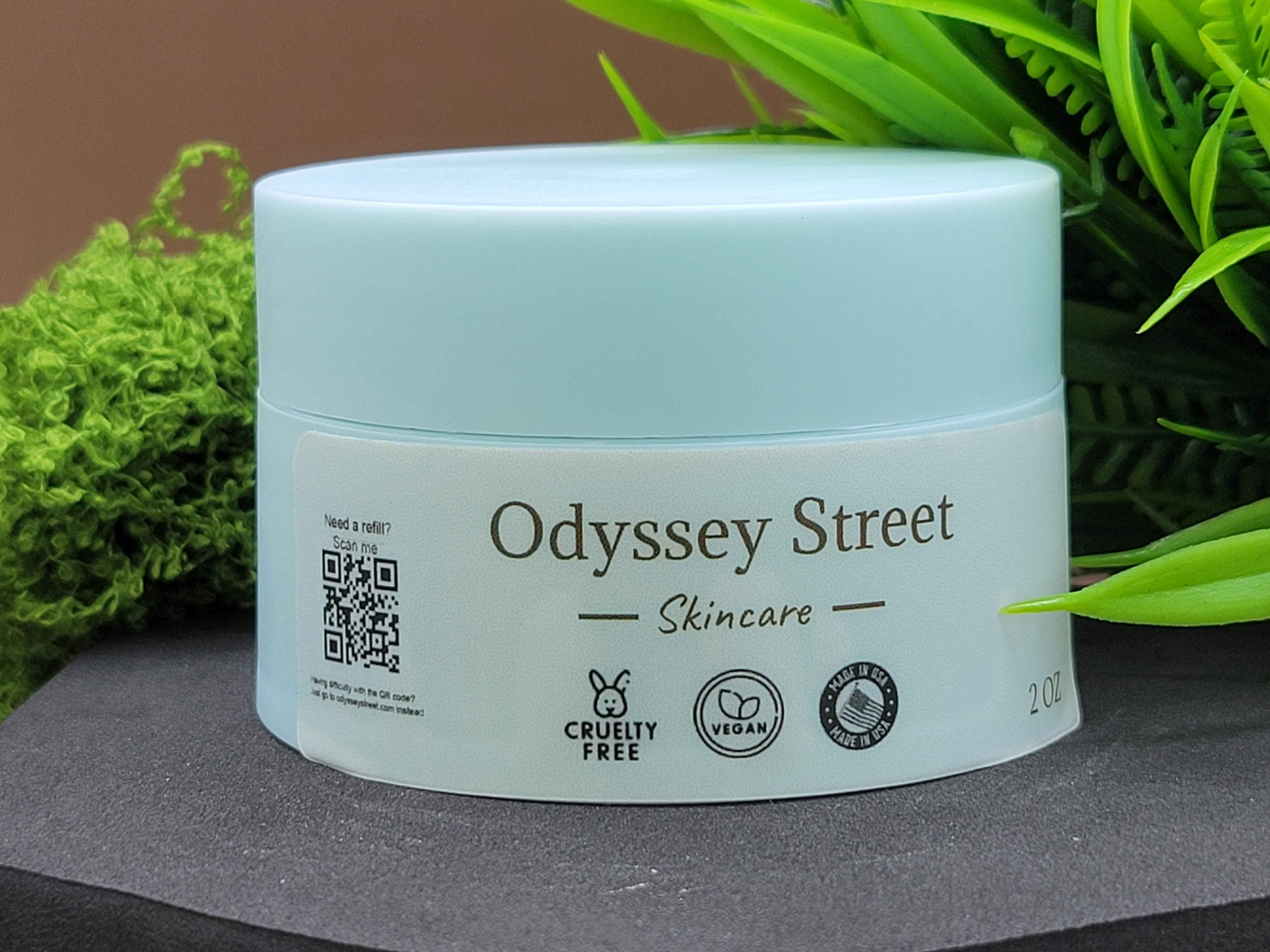
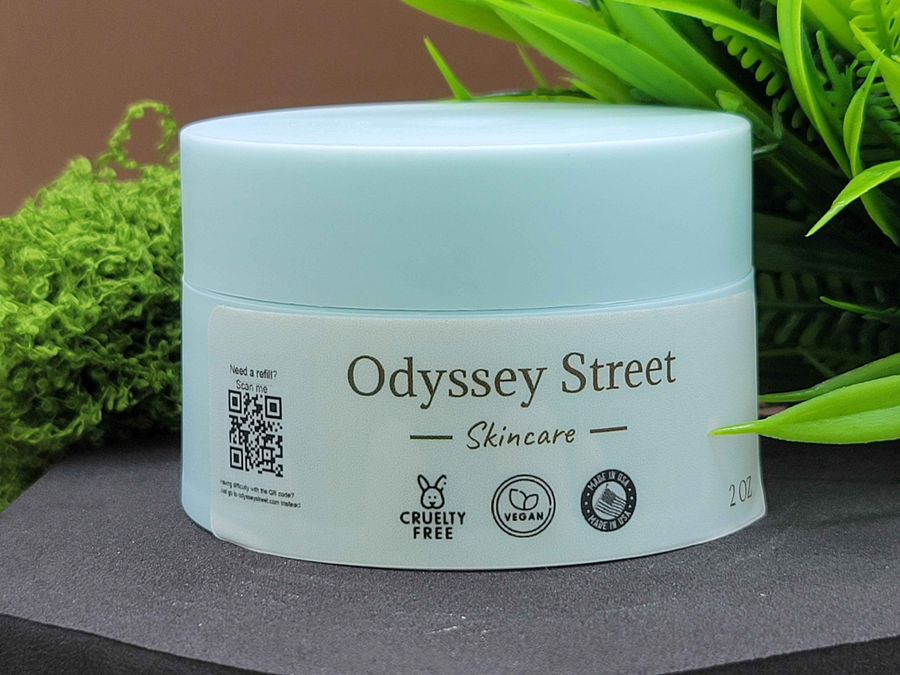
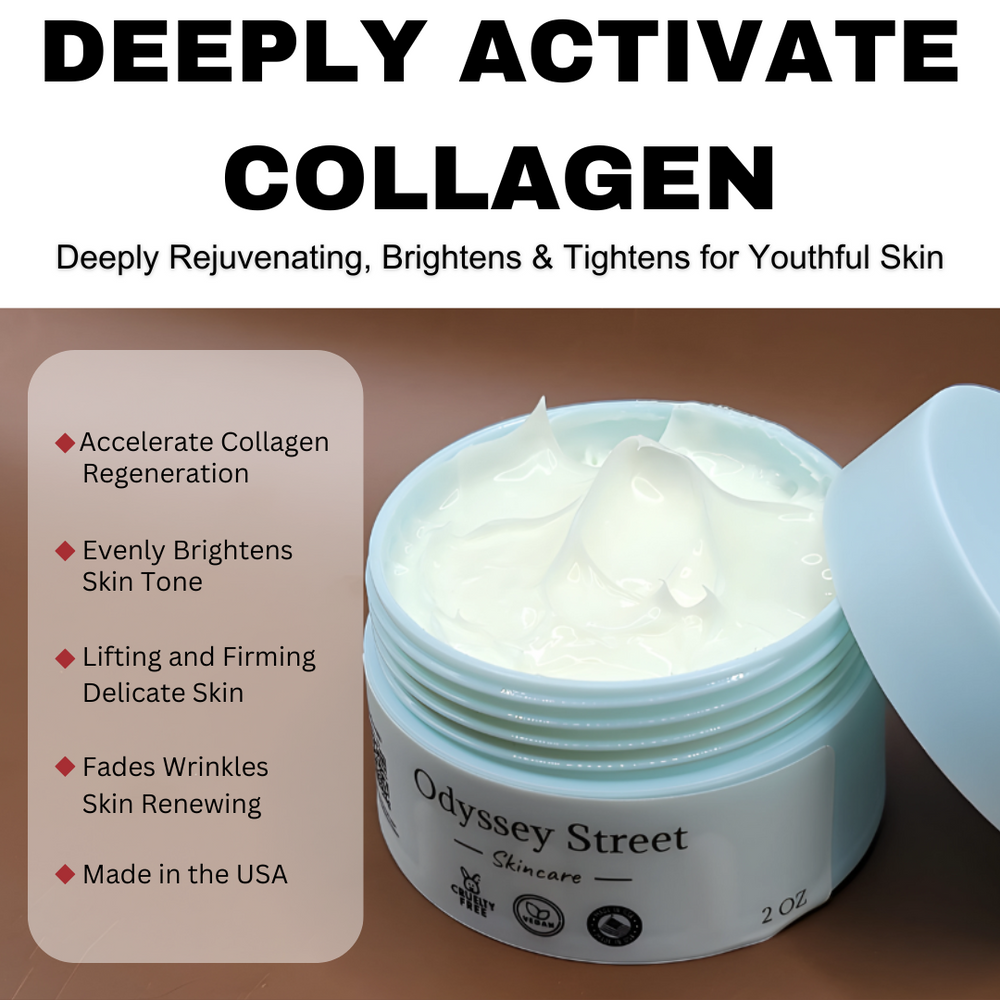


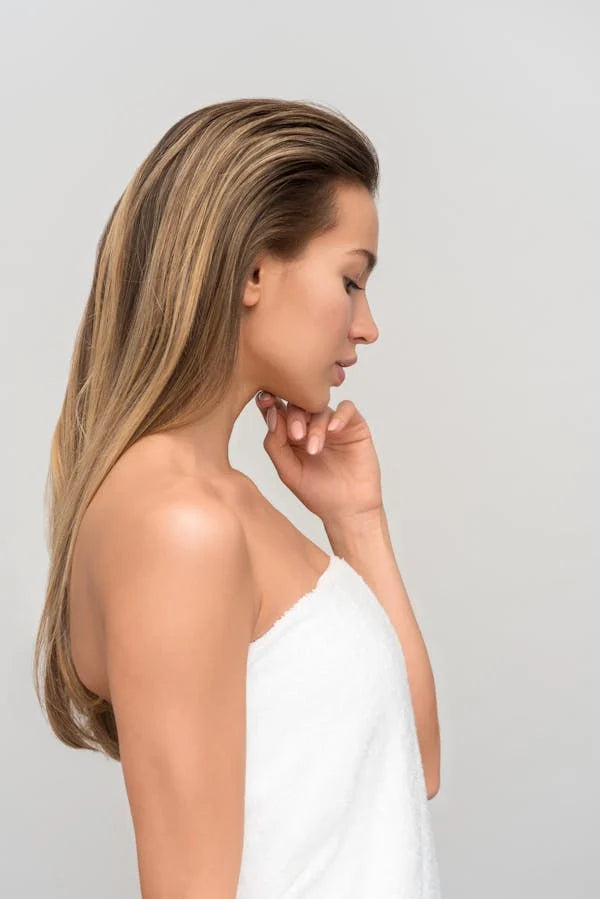

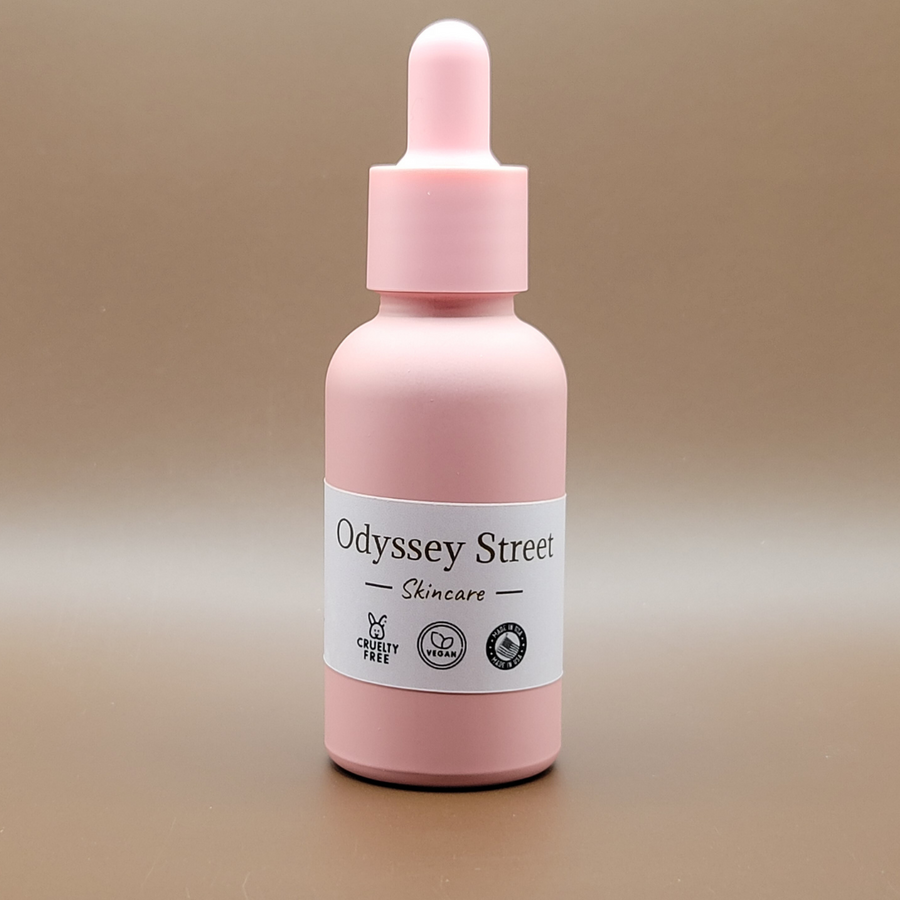
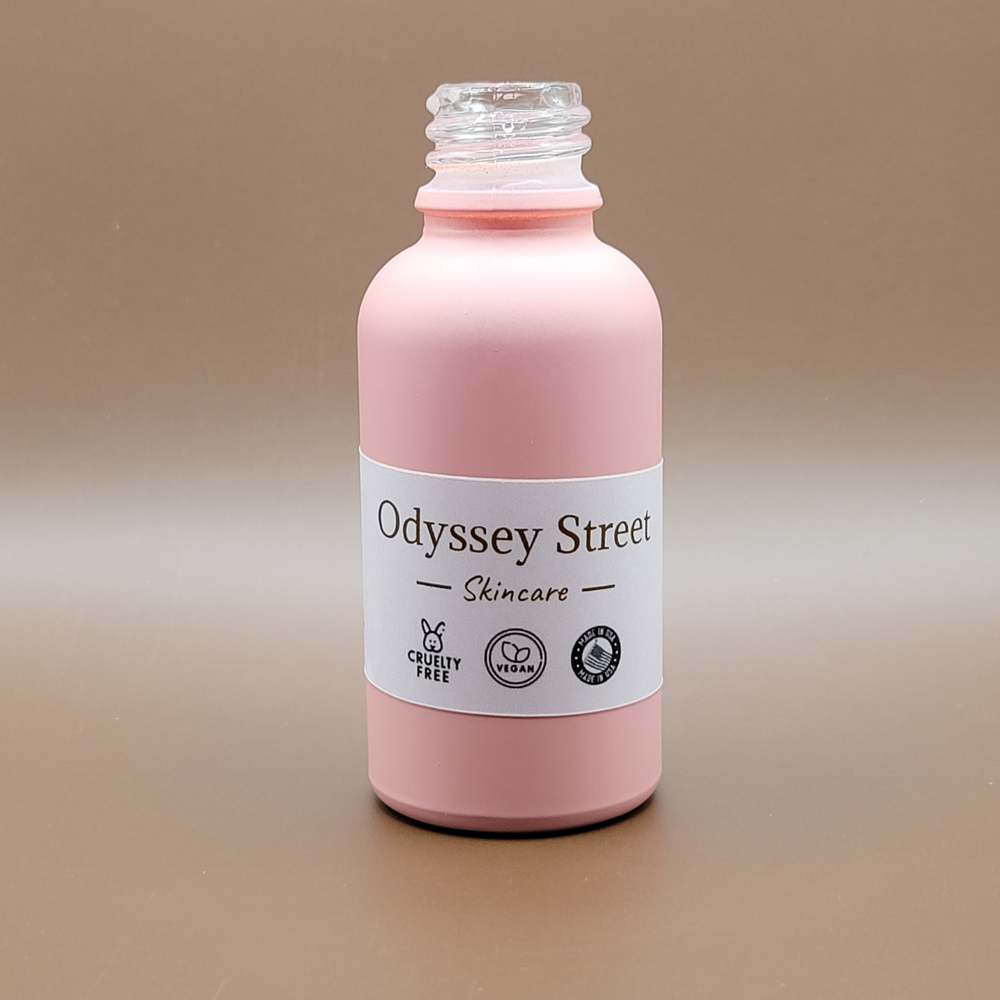
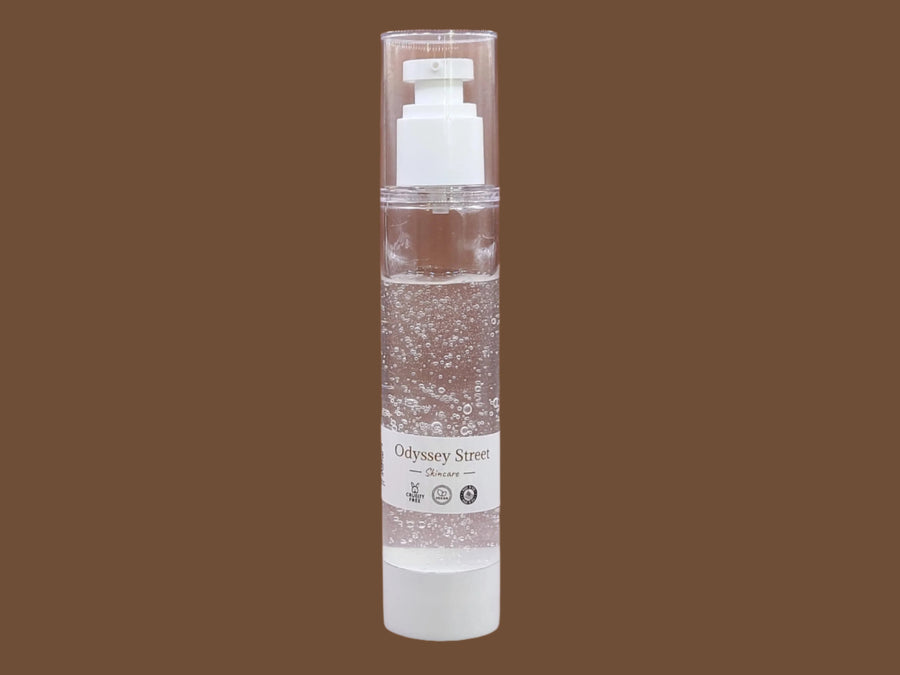
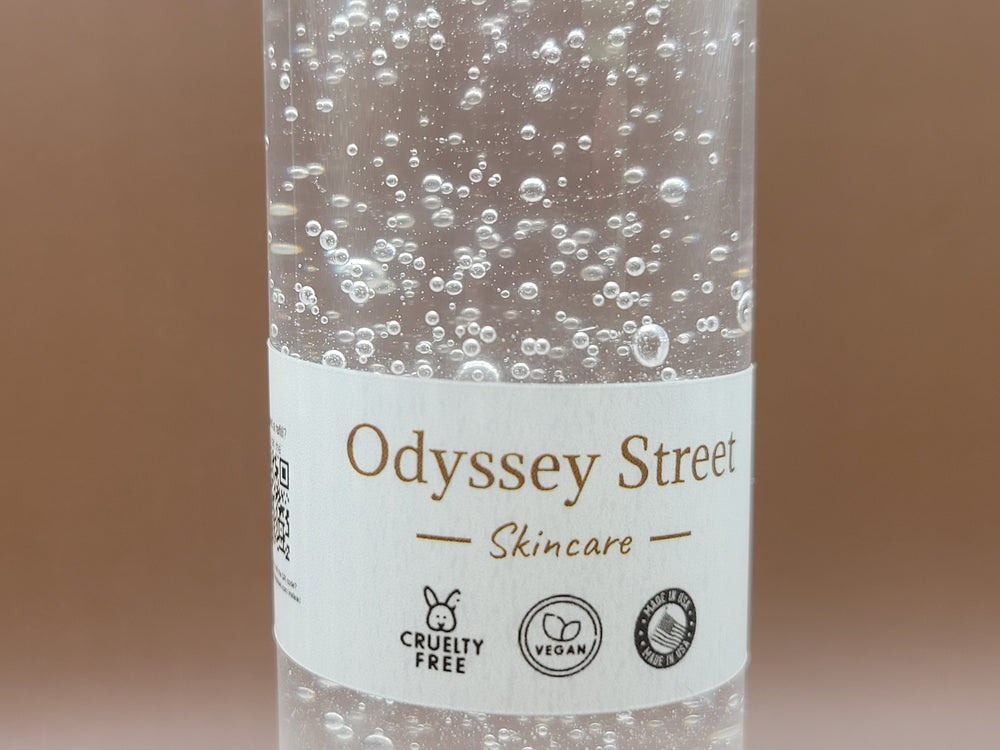
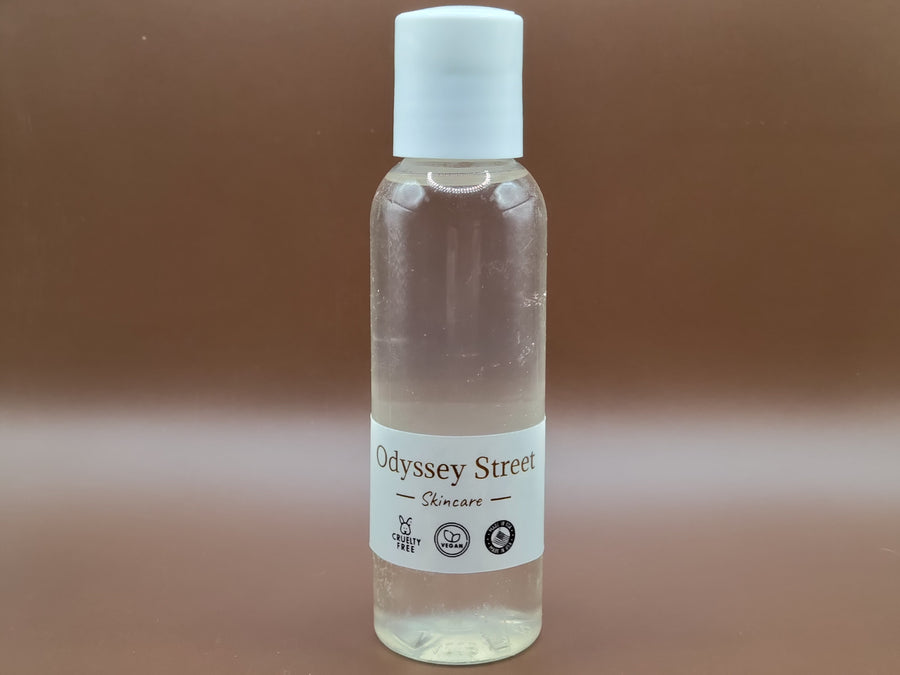
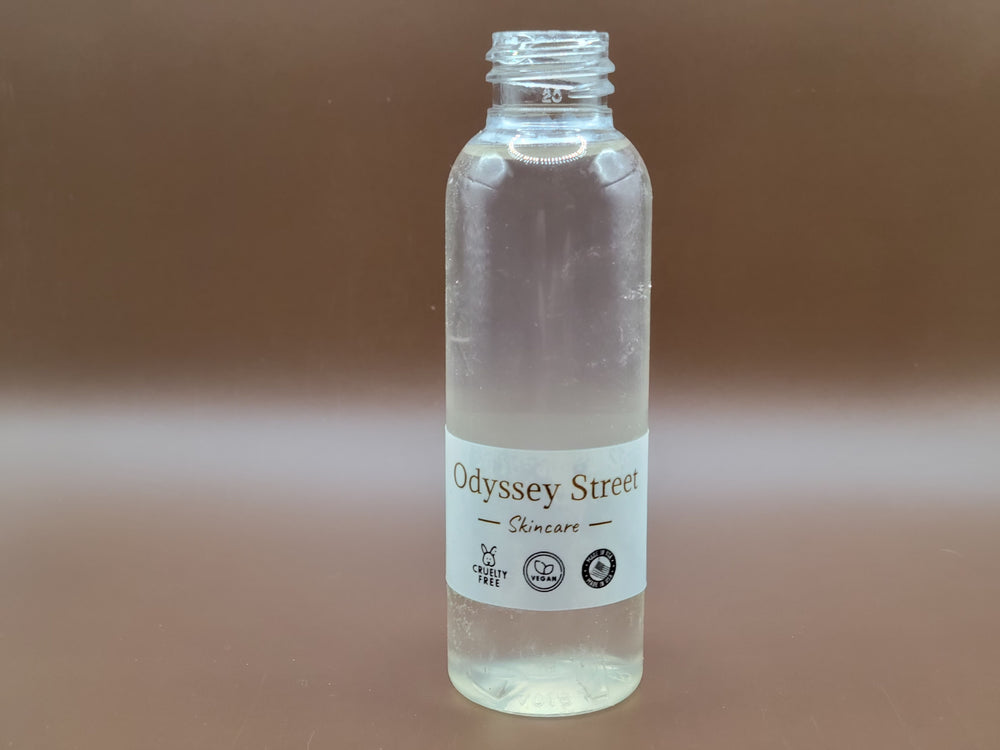
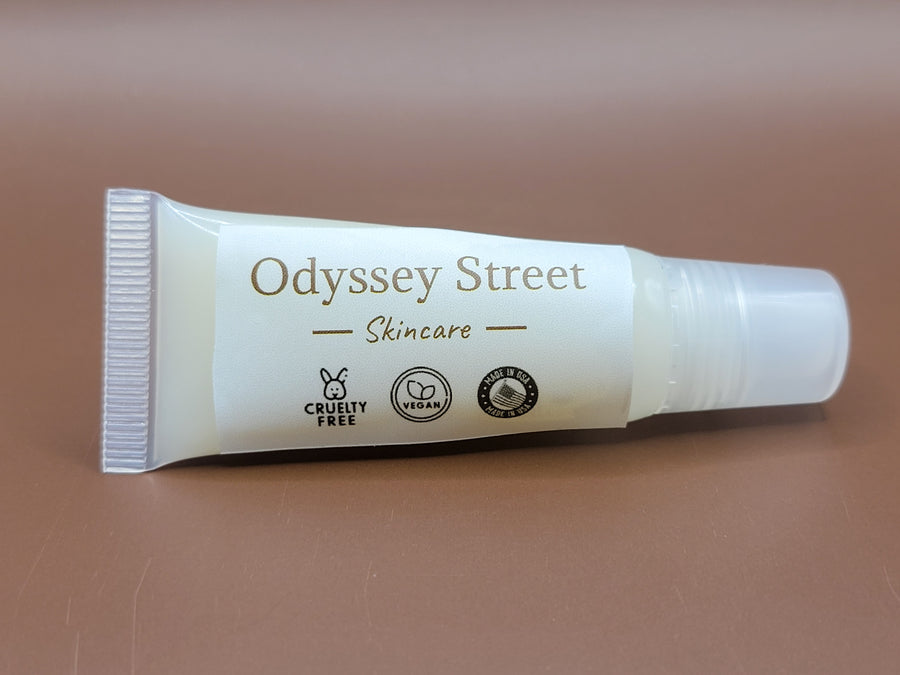
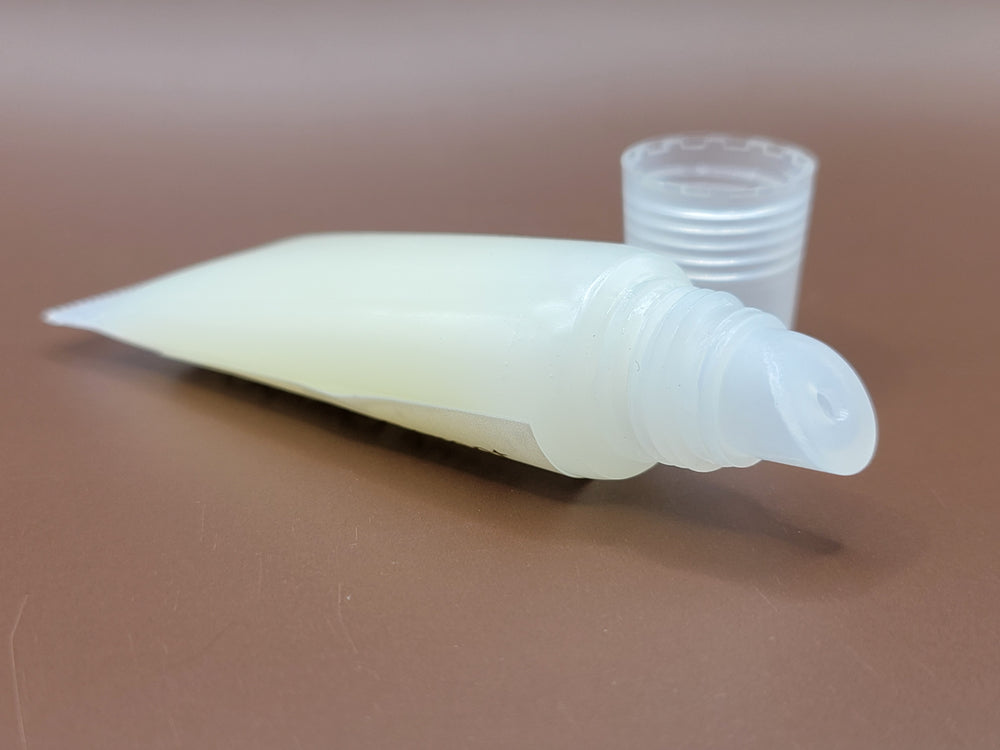
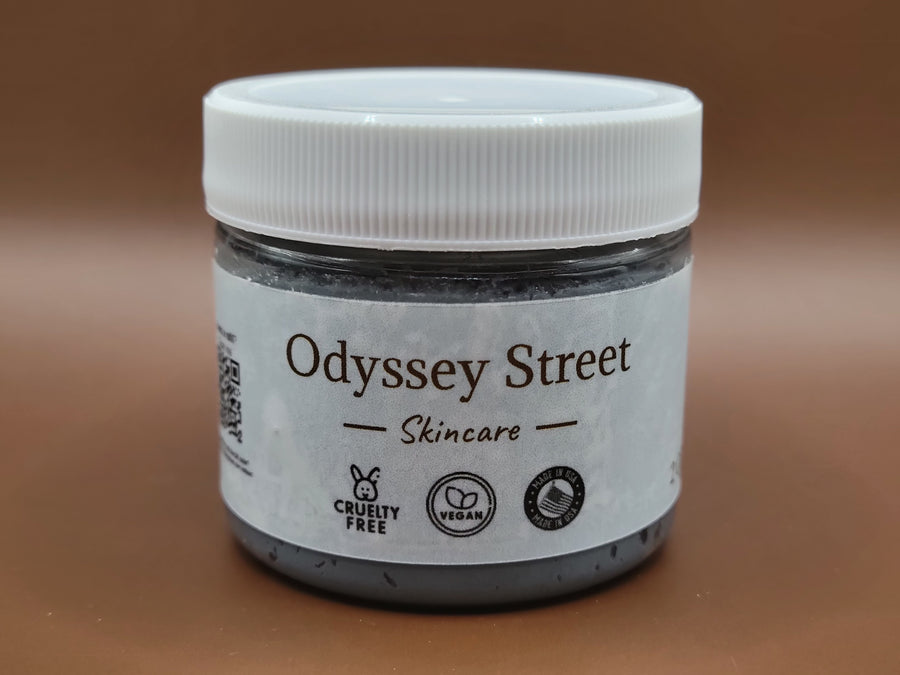
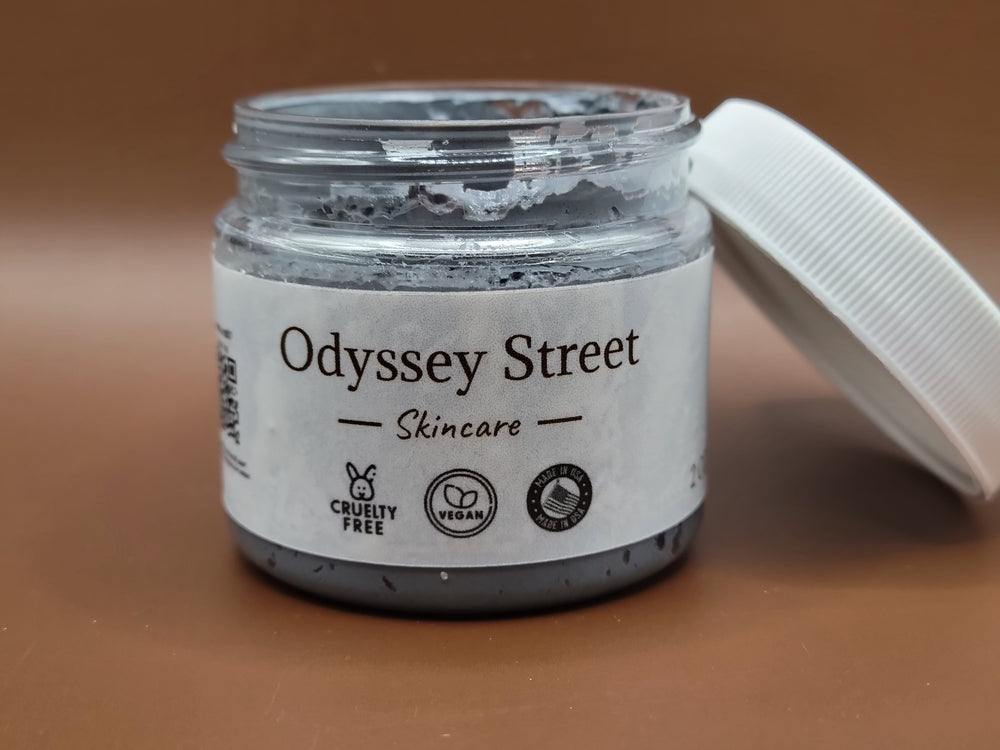
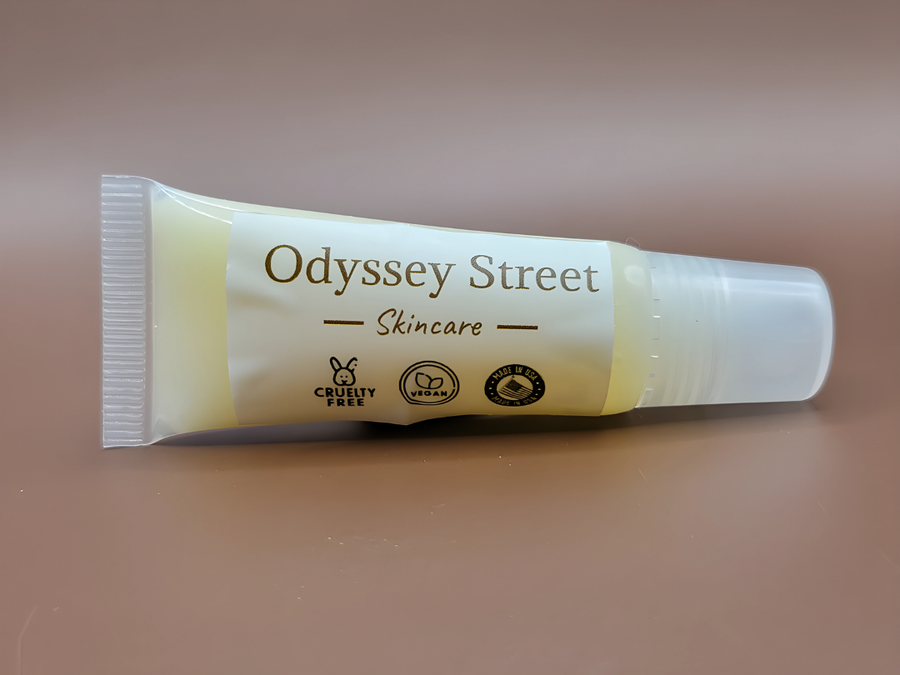
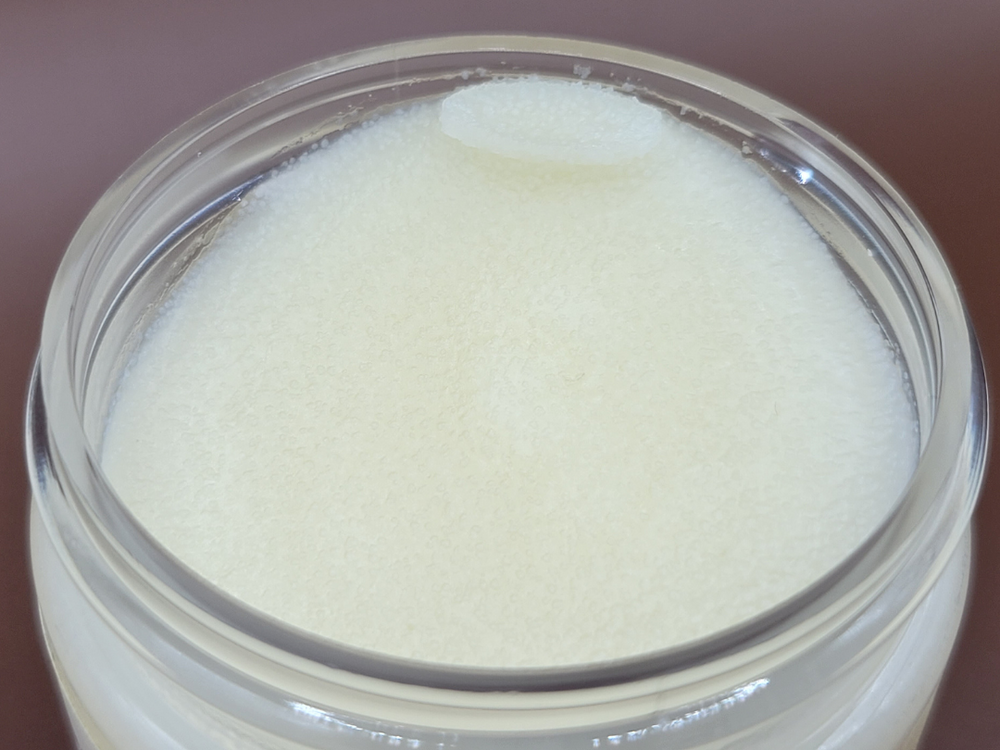
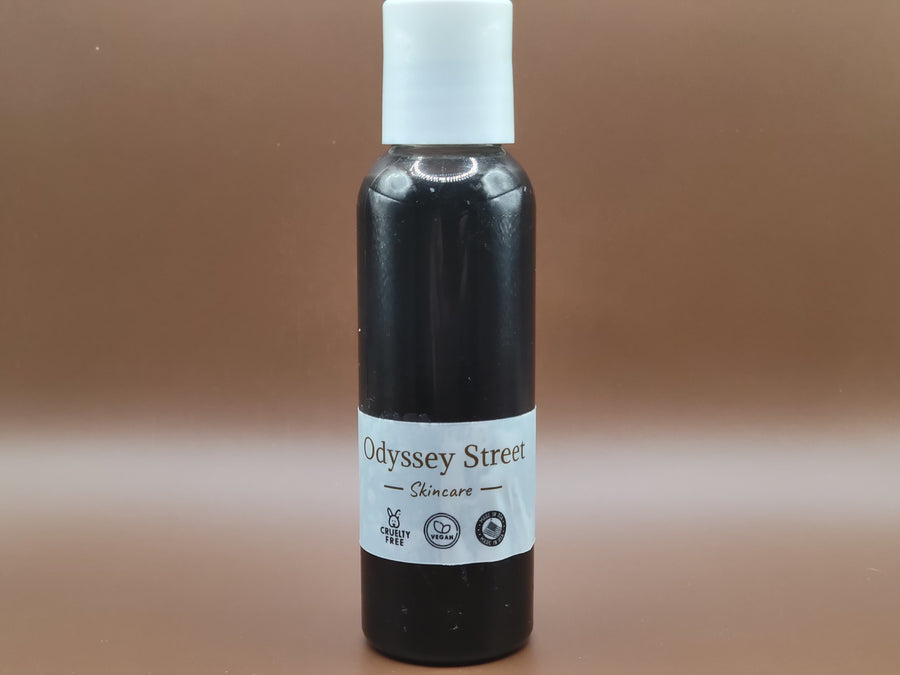
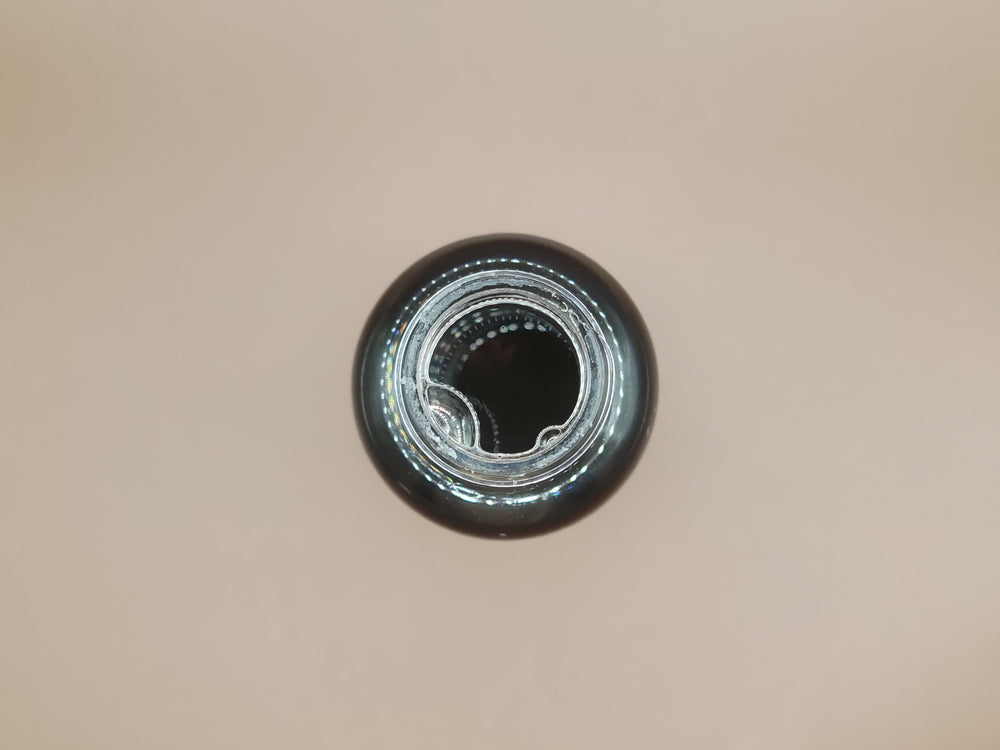
Leave a comment